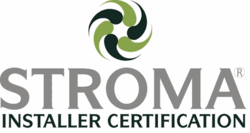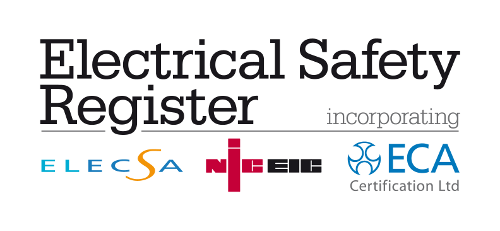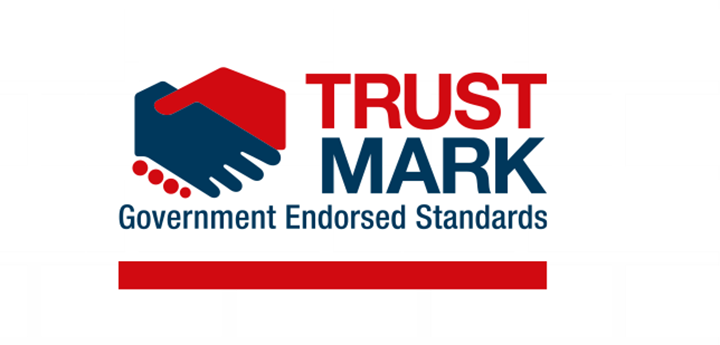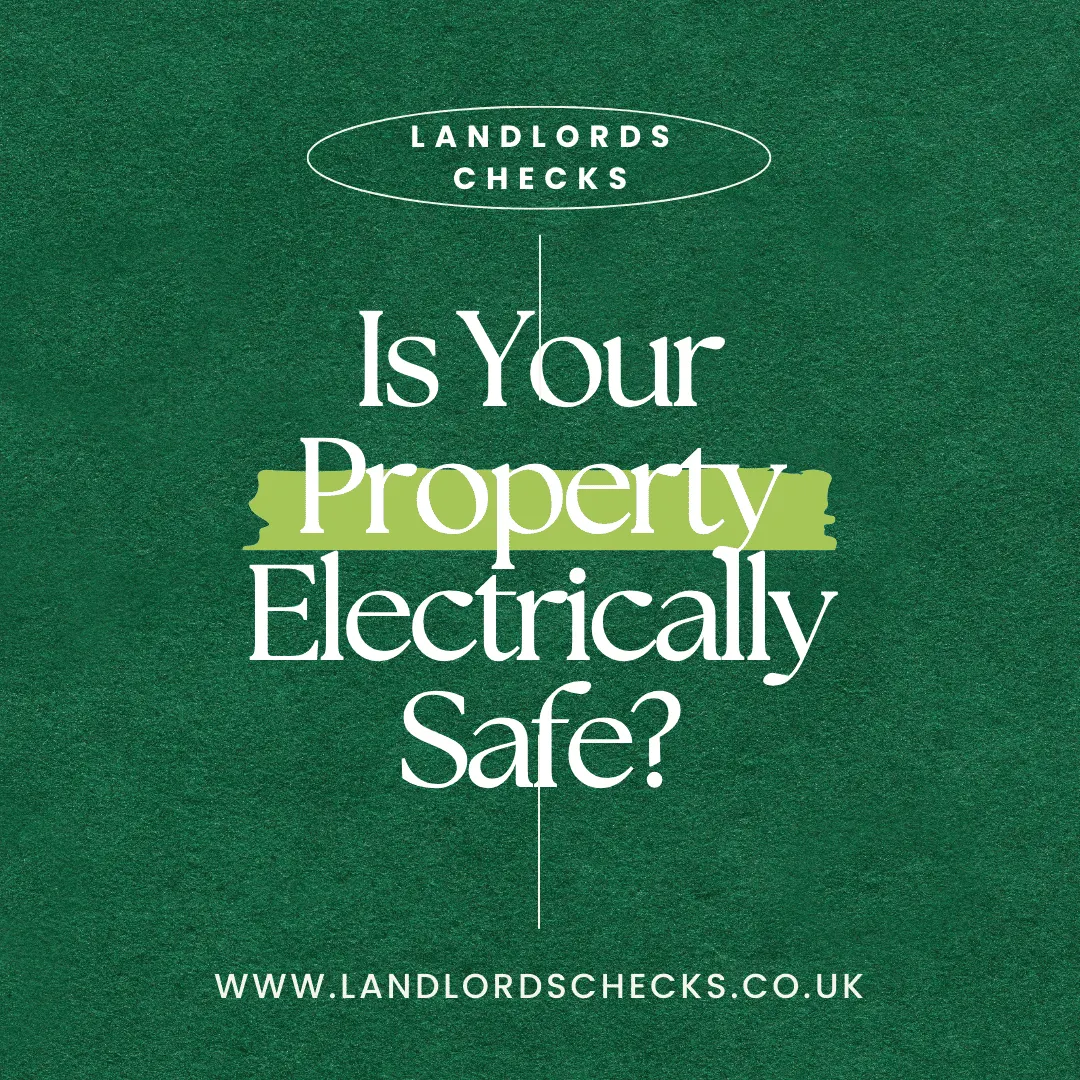Essential Landlord Certificates in London: Focusing on Electrical Safety
As a landlord in London, you have a significant responsibility to ensure the safety and well-being of your tenants. This extends beyond just the physical condition of the property and includes adherence to various safety regulations, evidenced by holding the necessary landlord certificates. While there are several important certifications, this blog post will focus on the crucial Electrical Safety Certificate (EICR – Electrical Installation Condition Report) and why it’s essential for landlords in London.
In London, electrical safety in rented properties is paramount, and the law reflects this. The Electrical Safety Standards in the Private Rented Sector (England) Regulations 2020 mandate that all landlords in England, including London, must ensure that electrical installations in their properties are safe and are inspected and tested by a qualified and competent person at least every five years. The report produced following this inspection is the Electrical Installation Condition Report (EICR), which serves as your Electrical Safety Certificate. This regulation aims to protect tenants from the risks of faulty electrical installations, which can lead to fires or electric shocks.
An EICR carried out by a qualified electrician in London will involve a thorough inspection of all the electrical installations within your rental property. This includes wiring, sockets, light fittings, consumer units (fuse boxes), and other fixed electrical equipment. The electrician will identify any damage, deterioration, defects, or non-compliances with current safety standards. The report will then classify any issues found under different categories, ranging from ‘C1’ (danger present, risk of injury, immediate remedial action required) to ‘C3’ (improvement recommended). If the EICR comes back as ‘unsatisfactory’ (meaning it contains C1 or C2 findings), you, as the landlord, are legally obligated to carry out the necessary remedial work within 28 days (or sooner for C1 issues) to make the installation safe and obtain a ‘satisfactory’ EICR.
Holding a valid and satisfactory Electrical Safety Certificate (EICR) is not just a legal requirement for landlords in London; it also provides peace of mind that your property is electrically safe for your tenants. It demonstrates your commitment to their safety and can help protect you from potential liability in the event of an electrical incident. Furthermore, many tenant insurance policies may require proof of a valid EICR. While the regulations specify a minimum inspection frequency of every five years, it’s good practice to consider more frequent checks if there are changes in tenancy or if the property has older electrical installations.

Talk To Us!
Have Questions? Call Us Today for Expert Advice & Instant Assistance.
020 8609 7777
Booking assistance & Support

Fire Risk Assessment

Gas Safety Certificate
Gas Safety Certificate – Domestic – Meter & Upto 2 appliances
£57.99 Book NowGas Safety Certificate – Domestic – Meter & Upto 4 appliances
£77.99 Book NowCarbon Monoxide Alarm
£80 Book NowGas Safety Certificate – Domestic – “Discounted Offer” Boiler Service + Gas Certificate & 2 appliances
£89.99 Book NowGas Safety Certificate – Commercial – 1 appliance
£199 Book NowGas Safety Certificate – Commercial – 2 appliances
£245 Book NowGas Safety Certificate – Commercial – Boiler Service
£280 Book Now

Electric Safety
Studio Appartments Electrical Safety Certificate (EICR)
£65 Book NowPAT Testing Up To 10 Items
£58 Book NowDomestic Electrical Safety Certificate EICR 1 – 3 Bedroom – 1 Consumer Unit Up to 12 Circuits
£99 Book NowDomestic Electrical Safety Certificate EICR 4 Bedrooms – 1 Consumer Unit Up to 12 Circuits
£120 Book NowCommercial Electrical Certificate (EICR) – 1 Consumer Unit Up to 12 Circuits
£149 Book NowDomestic Electrical Safety Certificate EICR 5 Bedrooms – 1 Consumer Unit Up to 12 Circuits
£150 Book NowDomestic Electrical Safety Certificate EICR 6 Bedrooms – 1 Consumer Unit Up to 12 Circuits
£158.33 Book NowFuse Box Installation
£415.83 Book Now

Energy Performance

Inventory Services

Asbestos Surveys

Electric-Gas Appliances & Hob Installations

Talk To Us!
Get in touch if you're uncertain or need assistance ?
020 8609 7777
Talk to a Friendly Advisor
Accreditations







Help & Advice
-
Which Companies Provide Landlord Safety Certificates with Free Follow-Up Inspections?
Follow-up inspections verify that identified safety deficiencies have been properly remediated, ensuring rental properties meet all safety standards before certification. Understanding which providers offer complimentary follow-up visits, what these inspections
-
Which Service Offers Emergency Landlord Safety Certificate Renewals?
Emergency situations requiring urgent landlord safety certificate renewals arise more frequently than many property owners anticipate, from discovered expired certificates to urgent tenant move-ins and unexpected local authority inspections. Understanding
-
Where Can I Find a Landlord Electrical Safety Certificate Provider?
Electrical safety certificates represent essential legal requirements for rental properties in England, with regulations mandating comprehensive testing and certification every five years or at each change of tenancy. Finding qualified
-
Who Provides Landlord Gas Safety Certificates with Online Booking?
Modern technology transforms how landlords arrange essential compliance services, with online booking systems offering unprecedented convenience for obtaining gas safety certificates. Understanding which providers offer digital booking platforms, the advantages
-
Which Companies Offer Fast Landlord Safety Certification Services?
Time-sensitive situations frequently require landlords to obtain safety certificates quickly, whether for urgent tenant move-ins, compliance deadline pressures, or unexpected certificate expiries. Understanding which companies provide fast landlord safety certification
-
 Which Companies Provide Landlord Safety Certificates with Free Follow-Up Inspections?
Which Companies Provide Landlord Safety Certificates with Free Follow-Up Inspections?
-
 Which Service Offers Emergency Landlord Safety Certificate Renewals?
Which Service Offers Emergency Landlord Safety Certificate Renewals?
-
 Where Can I Find a Landlord Electrical Safety Certificate Provider?
Where Can I Find a Landlord Electrical Safety Certificate Provider?
-
 Who Provides Landlord Gas Safety Certificates with Online Booking?
Who Provides Landlord Gas Safety Certificates with Online Booking?
-
 Which Companies Offer Fast Landlord Safety Certification Services?
Which Companies Offer Fast Landlord Safety Certification Services?




